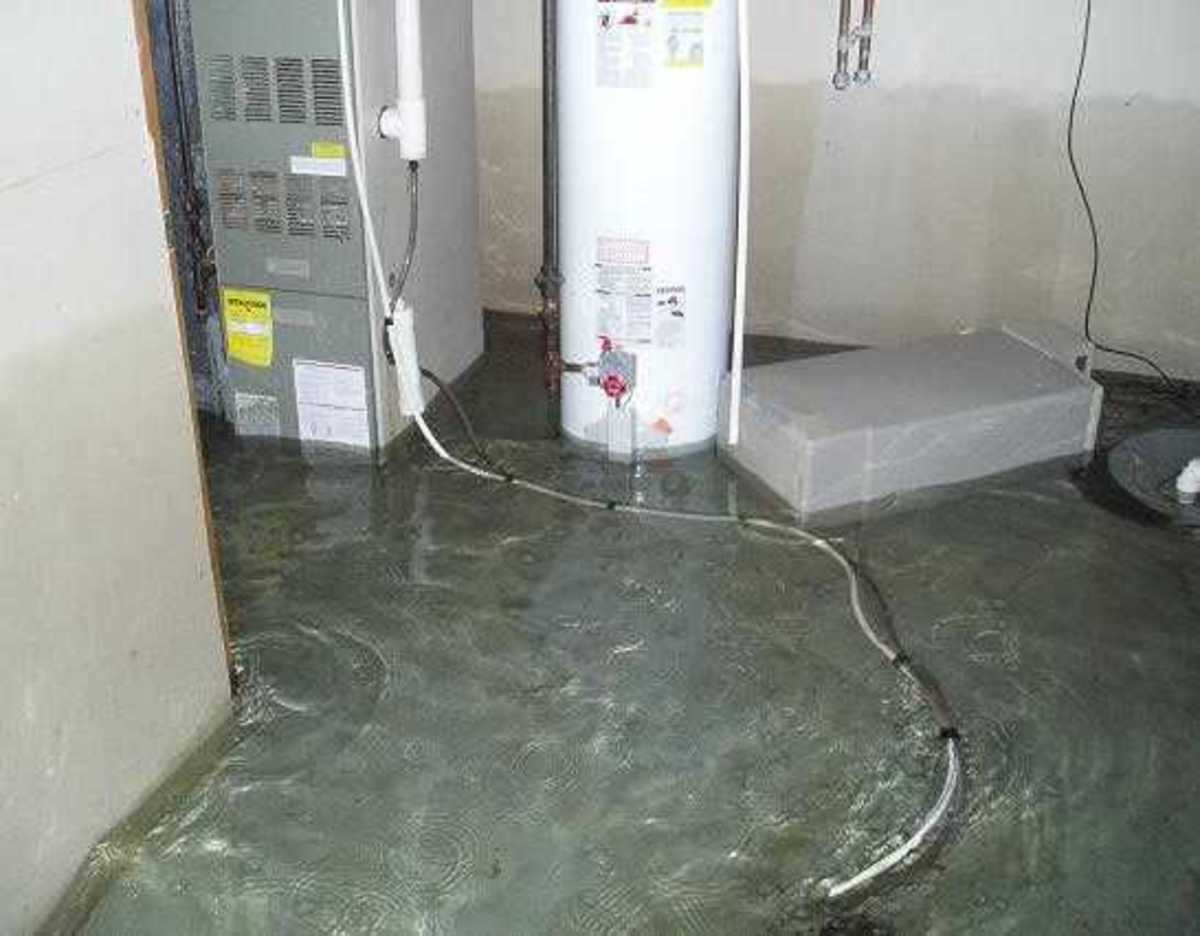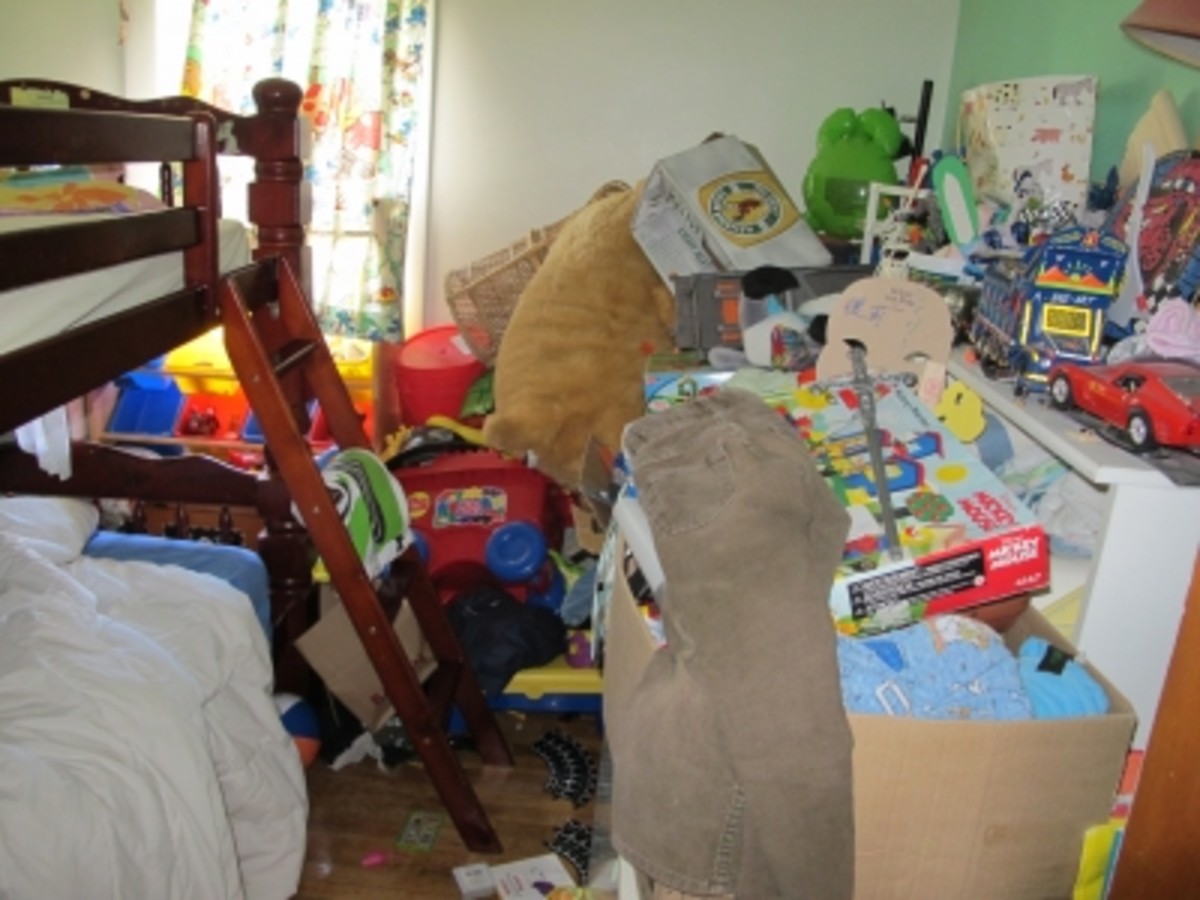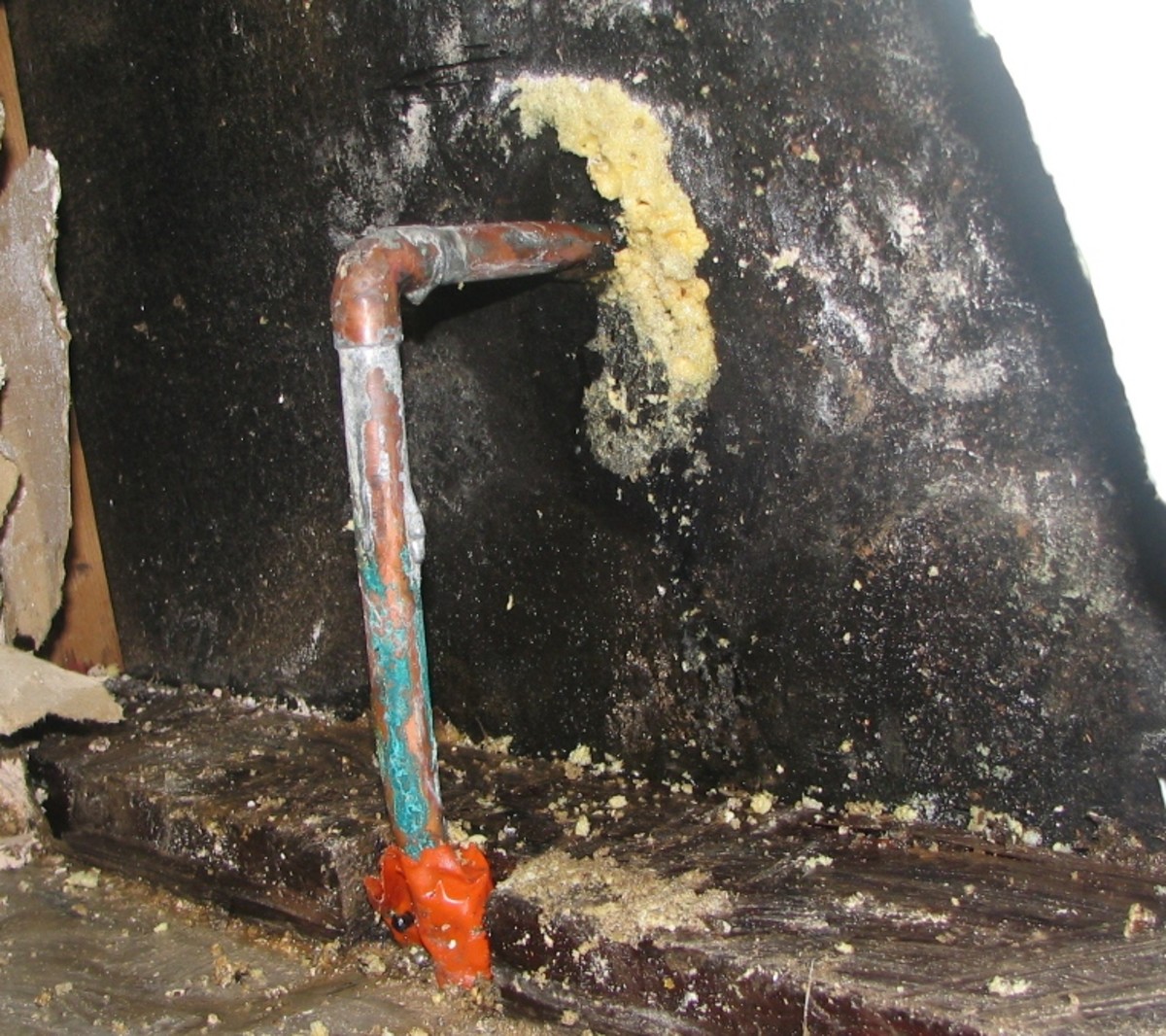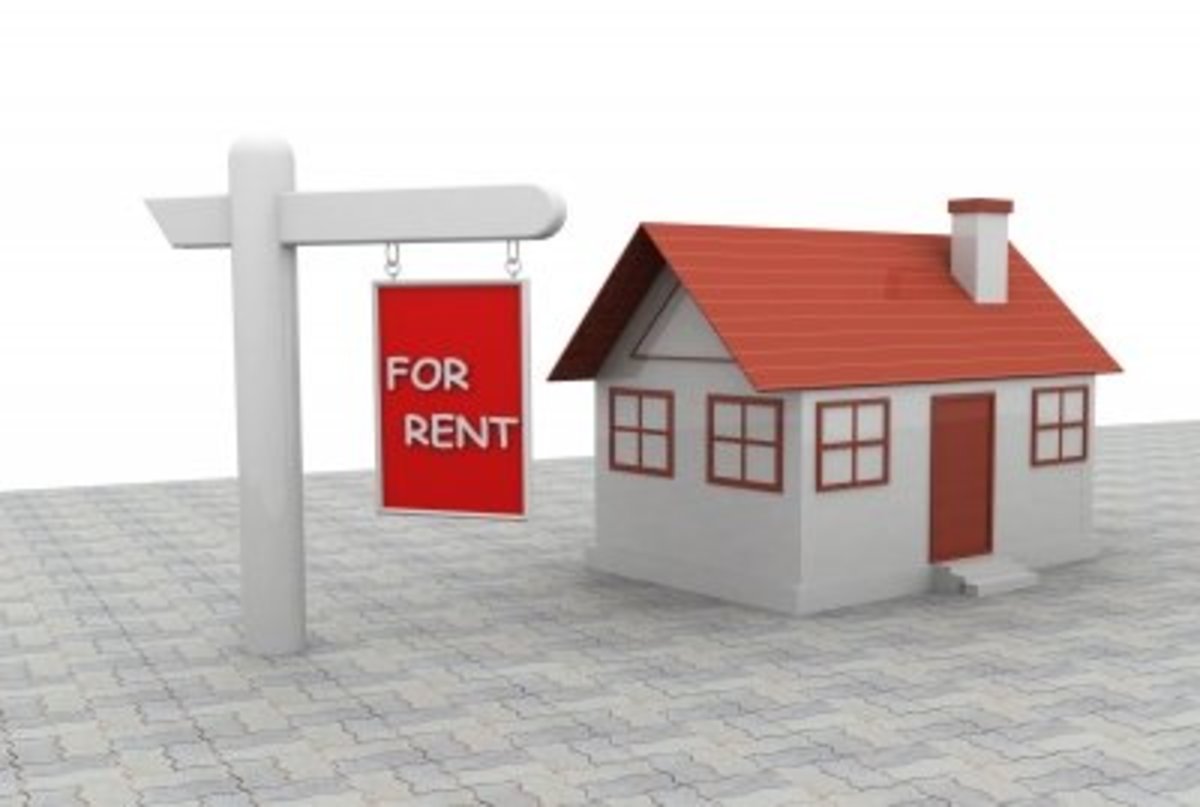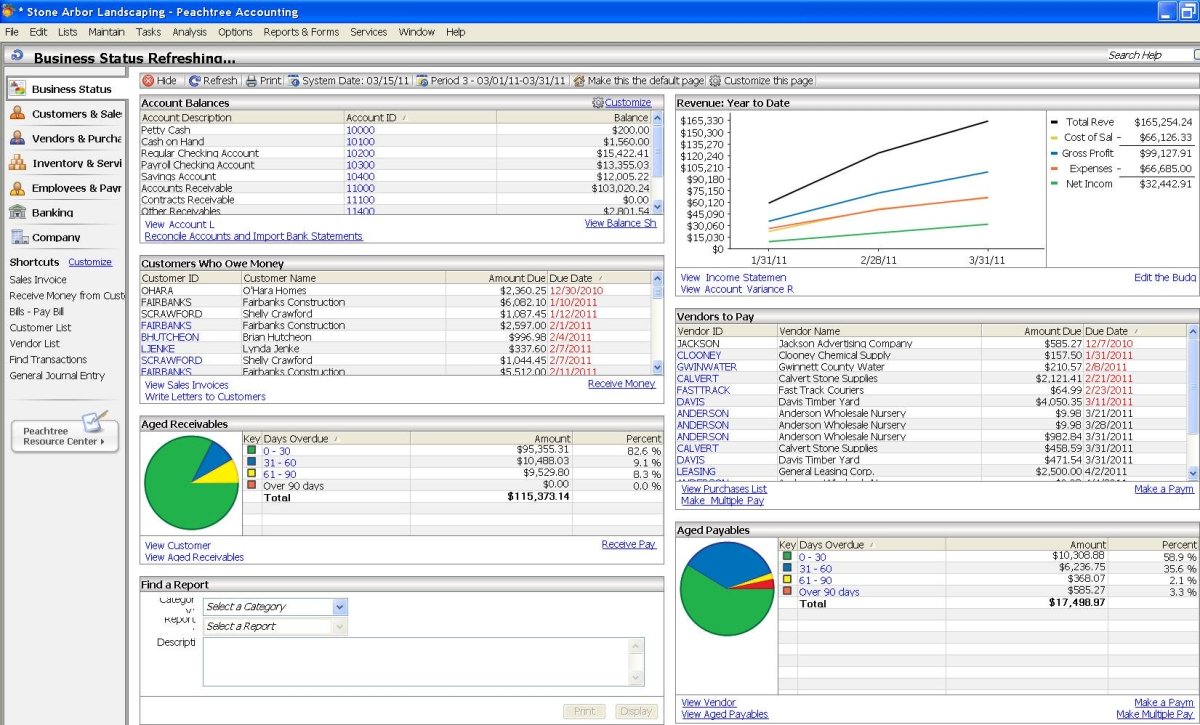The Down Side of Being a Landlord

Recommended by Tony Booth
We see lots of blogs and media hype expressing the virtues of investing in buy-to-let and becoming a landlord, but very few ever point out the adverse facts that also coincide with joining the ‘To Let’ brigade. So I figured it was high time I put that particular record straight.
Yes, it’s a good feeling to make money from investing in property. Those of us that are involved in this particular arena get a warm glow every time we hear rent dropping into our piggy banks. There’s a sense of achievement and huge relief when initial doubts over a speculative venture are proved unfounded. Becoming a landlord is, well, pretty good … at least for the most part.
But that’s only half the story. And many novice and blinkered property investors start out thinking that’s the whole story, which of course it isn’t. There are downsides to all aspects of life and when you go down the road of investing in a buy-to-let, there are sometimes more potholes than you might have first bargained for.
Running a Business
The moment a property investor receives the first rent payment from a tenant, they not only become a landlord but also a businessman. And that includes all the legal and administrative obligations, frustrations and irritations that running a business encompasses. Many try to undertake this from their home computer tucked into a corner of the dining room, but sooner or later many realise this arrangement isn’t amenable to efficiency. Before very long they recognise the need for an entirely separate room or the garage or a detached purpose-built office, just to keep up-to-speed with all the paperwork required.
Running a small business is not for the feint-hearted. It is the biggest and most time consuming learning curve many of us have ever had the misfortune of finding ourselves travelling along – and most of us dip our toes straight in at the deep end, rather than treading the calmer outer-edge waters first.
As most new landlords are just getting used to the fact they are landlords, they also discover they are meant to know how to run a business too. This realisation often comes as quite a shock. Not that there is much time to think about it, because running a business invades and overtakes every minute of every day.
A Second Property to Worry About
Most of us have enough worries thinking about maintaining our own home, than having a second property (that we don’t actually live in) to also think and get concerned about. Luckily, many also have a primary full-time job doing something else, so it’s only when we are trying to get to sleep late at night, when the wind starts turning nasty, that we start to wonder if slates are flying from that secondary roof.
Accounting for Tax
The annual tax return and (much worse) the tax bill often come as quite a surprise to newly incumbent landlords. It’s as if they imagined they could earn money without actually having to pay any tax to the government. Such an oversight can prove a calamitous event in the life of the buy-to-let investor who, up until now, was smiling every time he looked at his bank statement.
And if he hasn’t been putting 20 per cent or more of the rent paid him away in a separate and dedicated bank account over the last year, he may well find paying the tax bill by the due deadline a difficult and traumatic task. The tax inspectorate is not known for extending sympathy in such situations. In fact, quite the reverse, because they will charge the landlord hefty penalties for each day he delays making the required payment.
As time goes on, many landlords realise that completing the annual tax return and producing and submitting the obligatory account records is a headache they could well do without. Consequentially, most employ an accountant to undertake the work instead – and now the businessman come landlord is spending more money just to keep up with the extra money he is earning from property letting.
Telephone Calls in the Middle of the Night
Not so much a problem if you employ a letting agent (which is another expense going towards reducing the extra income being earned), but for those that are ‘going it alone’, telephone calls and even knocks at the door during unsocial hours from unsympathetic tenants is just part of the ballgame. Tenants know who you are and where you live, because these details were written into the tenancy agreement – and sooner or later, they will find you and persistently annoy you with requests for this and that.
Okay, so the toilet cistern has developed a leak or someone else has parked in the allocated parking bay or the tenant’s left their keys inside the house … but do they really need to contact you at midnight to solve the problem? Well, yes actually, as far as they are concerned they do! And they seem to do it all too often.
Capital Growth: A Game of Snakes and Ladders
Owning two properties (one being your own home) means having to keep abreast of changing values in different locations. This in itself may not seem much of a burden, but when we go through housing crashes on a par with recent times, it can prove to be quite a juggling act. Falling values are a concern to most homeowners; but for property investors, it can cause sleepless nights wondering whether the mortgage payment can be met, whether the property can be sold to offset repossession or whether negative equity will eventually destroy everything that they have worked so hard to achieve.
A Bad Case of the Voids
Empty periods are a landlord’s nightmare. They are often unavoidable – and they are always expensive. Voids of a month between tenancies might be expected and most annual incomes can absorb these rent-free periods without too much of a problem. But when a month extends to two or three months, then an acceptable annual return from the property investment comes into question.
Regular voids of two or three months are usually a symptom of changing supply and demand. There are either too many similar properties for rent in the neighbourhood or too few tenants looking for a rented home. Regardless of which, making money from being a landlord suddenly seems an uphill struggle.
All That Legal Stuff
There are more laws and regulations being created every day – and a huge volume of them are associated with the private rented sector. Landlords not only need to be aware of the Housing Acts, the Landlord and Tenant Acts and the Rent Acts; they must also be familiar with and observe all the frequently changing regulations for health and safety, gas safety, fire safety, landlord licensing and local authority enforced minimum standards.
An Exit Route … But No Avoidance of CGT
The good news is that even if all the above eventually gets too much, landlords can always sell-up and move on. But (you just knew there was going to be some bad news, didn’t you) unlike selling your own home, when you come to sell a second property – you must also pay capital gains tax on any profit made.
Who would be a landlord, eh?
Books by Tony Booth
- The Dangers of Property Investment
Investing in property has become a global phenomenon and, some might say, an obsession amongst those foolish enough to believe they can make an easy and fast buck. While some succeed, many don't ... read on!



